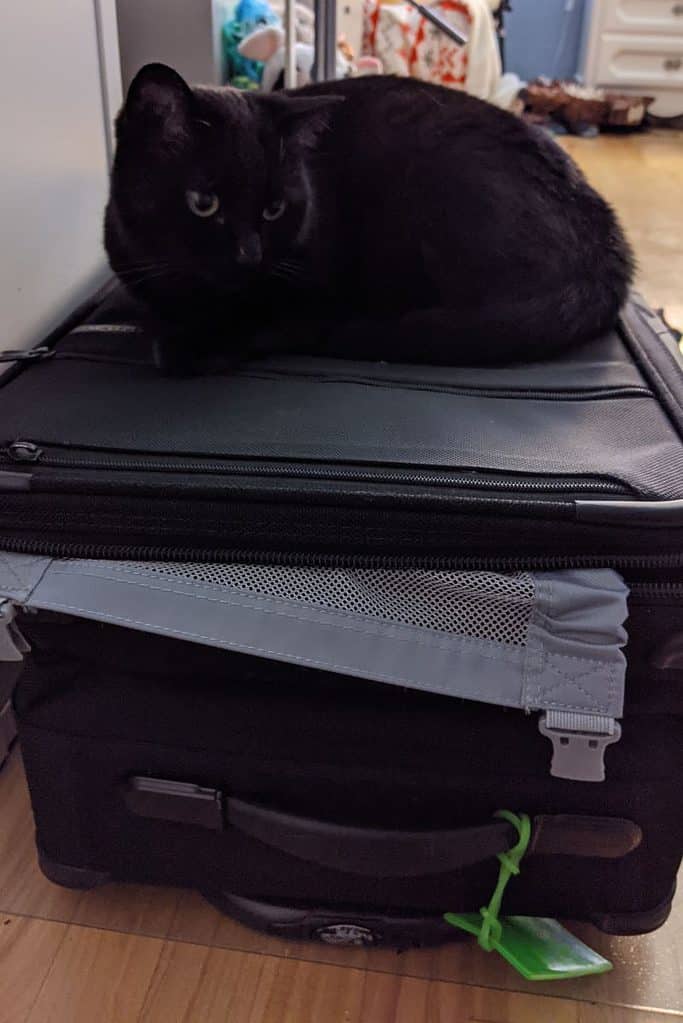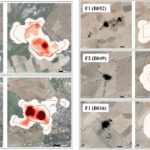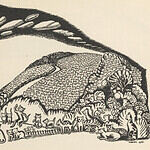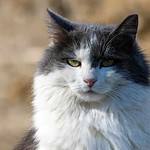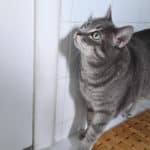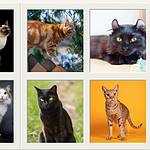Have you ever left your open suitcase on the floor only to discover soon afterwards that your cat has quickly hopped in and made themselves at home? While many cats dread the appearance of a suitcase because it means you are soon going to leave them, they also can’t resist exploring them.
So, what is it about suitcases that makes them attractive to cats?
Suitcases are a confined space
For the same reasons that your cat loves to hop inside a cardboard box, suitcases are a contained space which makes some cats feel safe and cozy. Suitcases are enclosed spaces that provide a sense of security for cats.
As small predators, cats are also prey, and they instinctively seek out small, enclosed spaces as a place to hide or rest. A suitcase may provide just the type of safe space that a cat is looking for.
Your suitcase smells like you
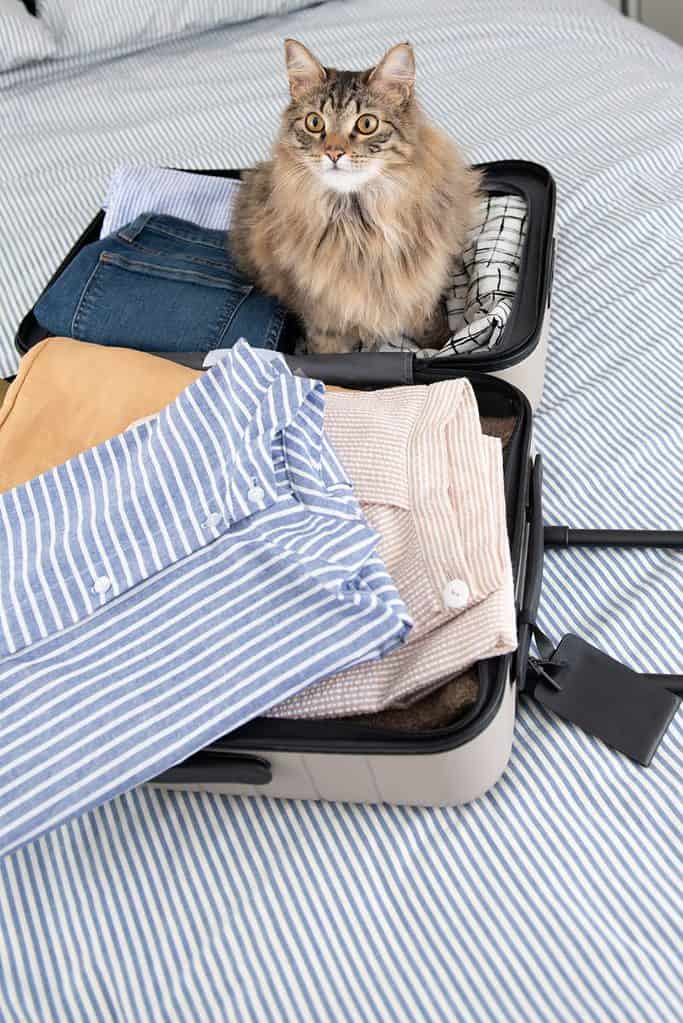
Cats have a keen sense of smell and may be attracted to the scent of their owner or other familiar scents associated with the suitcase.
The scent of their owner can be extremely comforting and reassuring to a cat, and they may seek out items with that scent. When a cat sits in their owner’s suitcase, they are surrounded by the familiar scent of their owner, which can provide comfort and security.
Your cat is claiming your suitcase as their property
Cats have scent glands in various parts of their body, and they use scent marking to claim objects and spaces as their own. When a cat sits in a suitcase that belongs to their owner, they may also be depositing their own scent, further reinforcing their claim on the space.
Your cat is curious
New objects around the house mean new things to check out and explore. The presence of your suitcase in your home isn’t an everyday occurrence. Cats are naturally inquisitive and the arrival of your suitcase represents an opportunity to check it out for the strange smells.
Suitcases can provide a good viewing space
Cats like to have a good view of their surroundings, and a suitcase may provide them with just the right height. By sitting inside, cats can survey their territory and keep an eye on what’s going on around them.
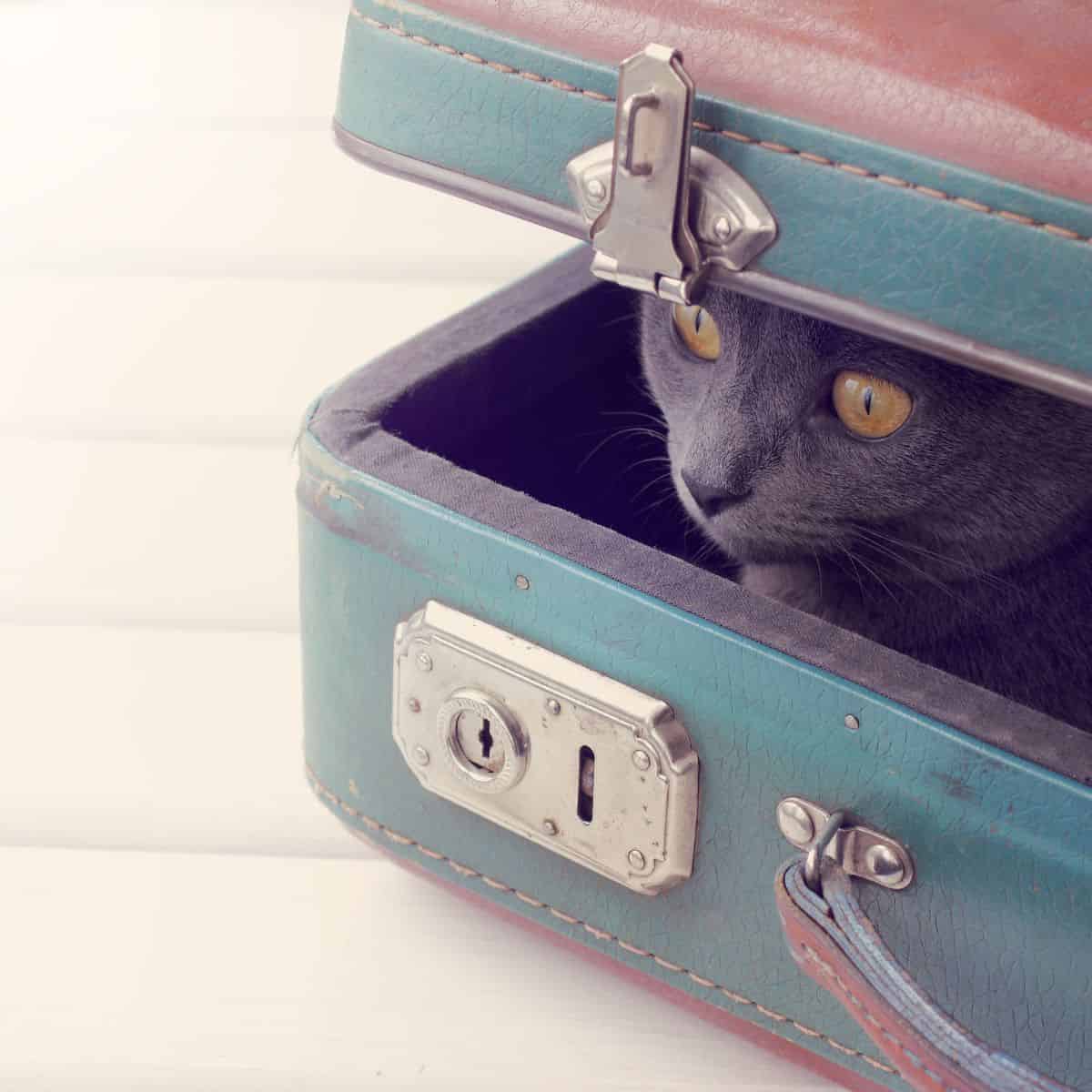
Your suitcase is comfortable
Suitcases often have soft, plush interiors that can provide a comfortable place for a cat to rest. They may also have a cozy, nest-like feel that appeals to a cat’s instinct to curl up and relax.
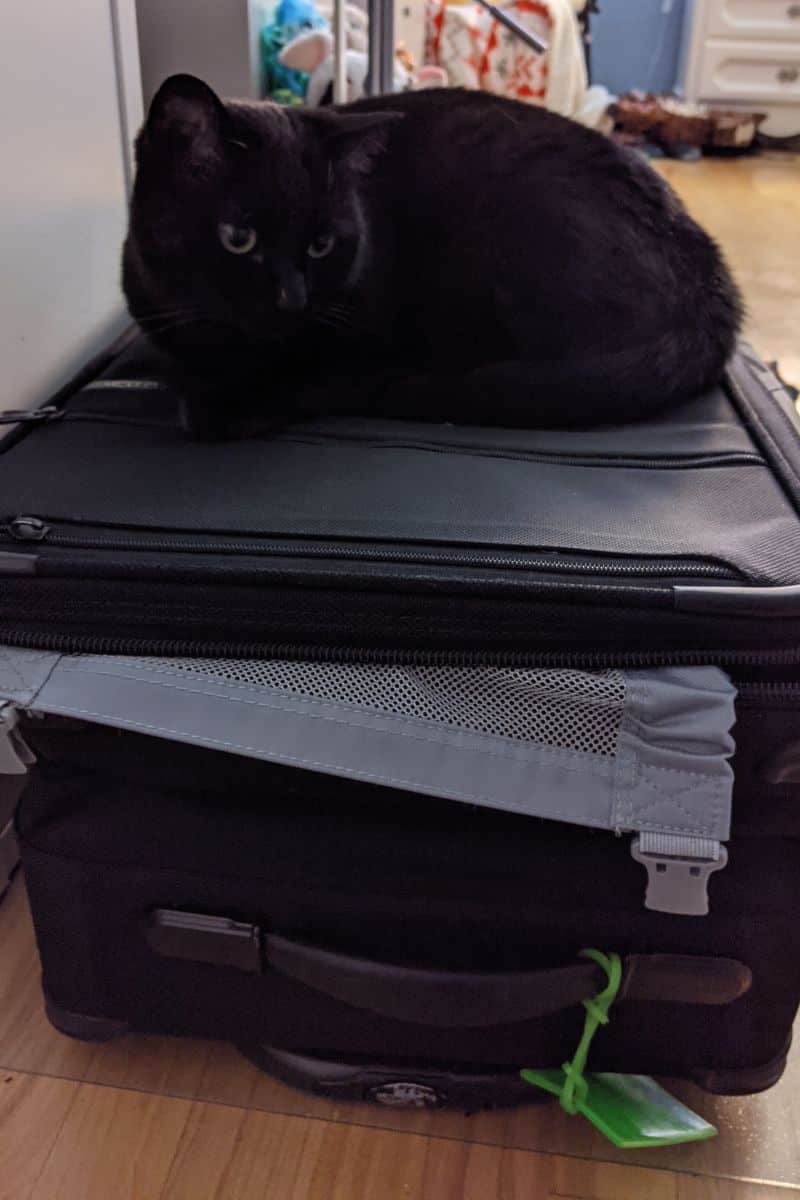
List of reasons why cats love suitcases
To sum it up, cats often enjoy sitting in suitcases for a few reasons:
- Comfort: Suitcases are often made of materials that are comfortable to lie on or in, making them a cozy and warm place for a cat to sit or nap.
- Security: Suitcases are enclosed spaces that provide a sense of security for cats. They may feel safe and protected when sitting inside.
- Familiarity: If a cat associates a suitcase with its owner or with travel, it may feel comforted by the familiar scent and surroundings.
- Territory: Cats are territorial and the arrival of your suitcase is another opportunity for them to spread their scent and claim it
- Curiosity: Cats are naturally curious animals, and they may be drawn to the suitcase simply because they want to explore it.

